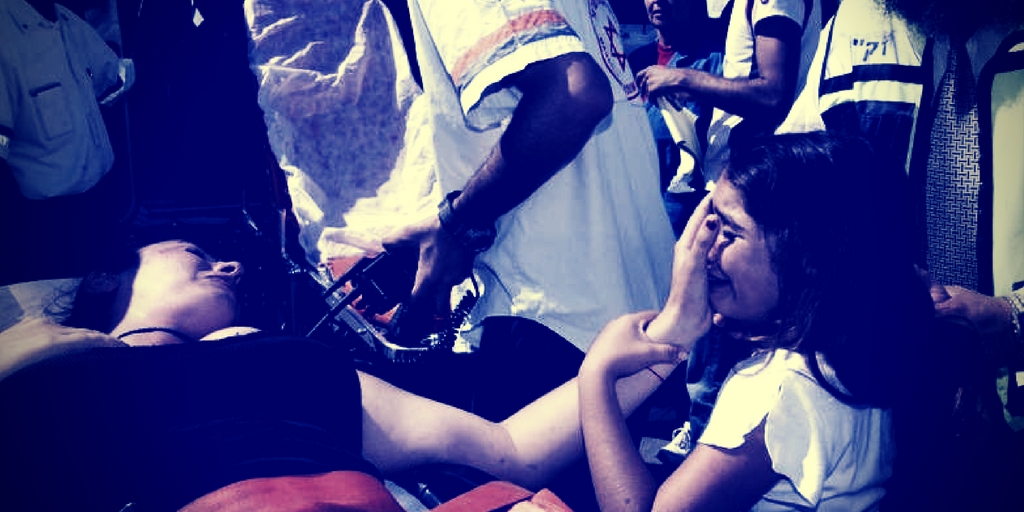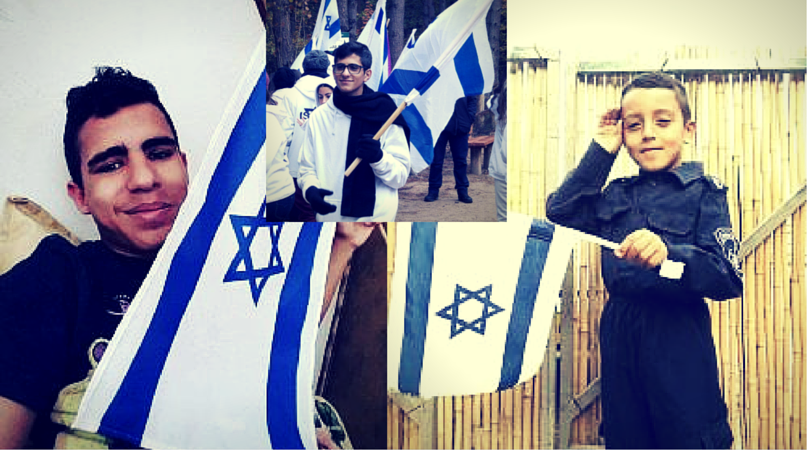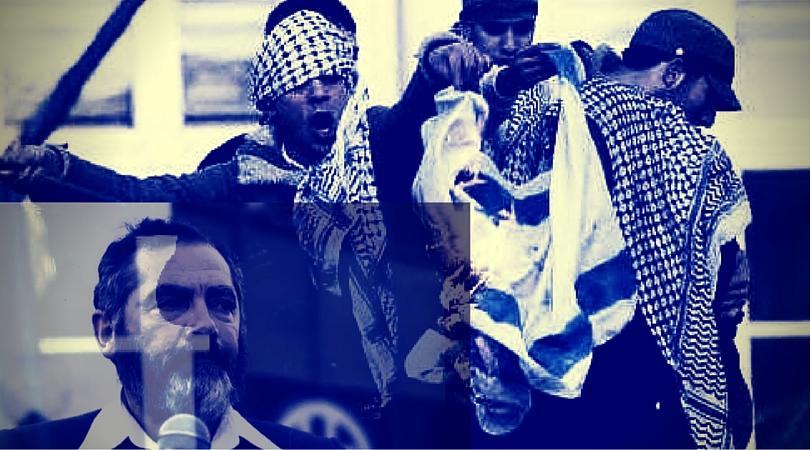With the news Wednesday morning that a 13-year-old Arab girl was shot and lightly wounded after she ran at the security guards near a Jewish village, it has become clear that the “Palestinian” Arabs have a serious mental health crisis on their hands. Afterall what brings young people to not only attempt to attack innocent bystanders but do so in a way that is highly ineffective and in most cases gets them killed or wounded.
Yesterday, one Arab youth ran at a group of soldiers with a knife and was shot dead. As far as a location to inflict maximum injury, the army outpost is the last place to attack since the soldiers can see any attacker coming from far enough way to effectively neutralize the enemy.
Just before Shabbat two other incidents occurred with similar endings. An engaged Arab couple tried ramming a group of people at the entrance to Kiryat Arba, which resulted in his death and her critical injury. On the same day an Arab attacker tried to run at border police by the old city of Jerusalem and was promptly killed.
Below you can see the aftermath and the location. The attacker certainly had a death wish.
فيديو من باب العامود الان
Posted by مركز إعلام القدس on Friday, September 16, 2016
When these incidents are threaded together one has to wonder why these young Arabs are doing what they are doing? At first glance they just aren’t too bright in their terrorist methodology and approach. However, this pattern seems to suggest something else.
The girl today said the following: “I came to die.” This is often the approach of the young women who are trying to avoid honor killings, which often time occur because the girl is found dating someone before marriage or is pregnant.
The couple who attempted to plow over a group of Jews were dating against their parents’ wishes and would have been subject to death in Arab society.
This is not to say that all Arab attackers have a motive that is essentially determined by their societal needs, but when one looks at a vast majority of these ineffective cases they can almost always be traced to a fear of being punished within Arab society for something not connected to the Israeli “occupation.” This implies that these youth are using the IDF rid themselves of the guilt they have after growing up in Arab society.
This explains the choice of the location of the attack and usually the inability to go through with it to its end. This can be juxtaposed to the effective terror attacks where the attacker is clearly professionally trained and often times goes after innocent residents directly.
So do the “Palestinian” Arabs have a mental health crisis? It certainly seems so.










